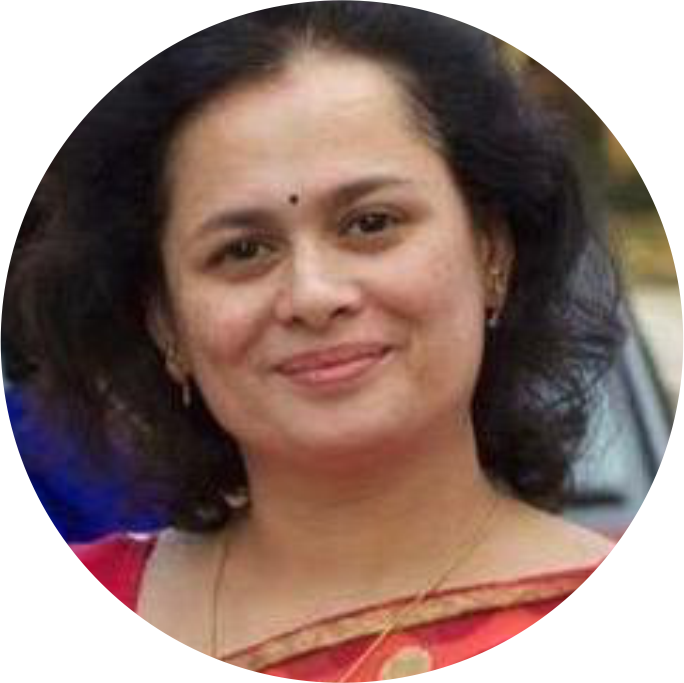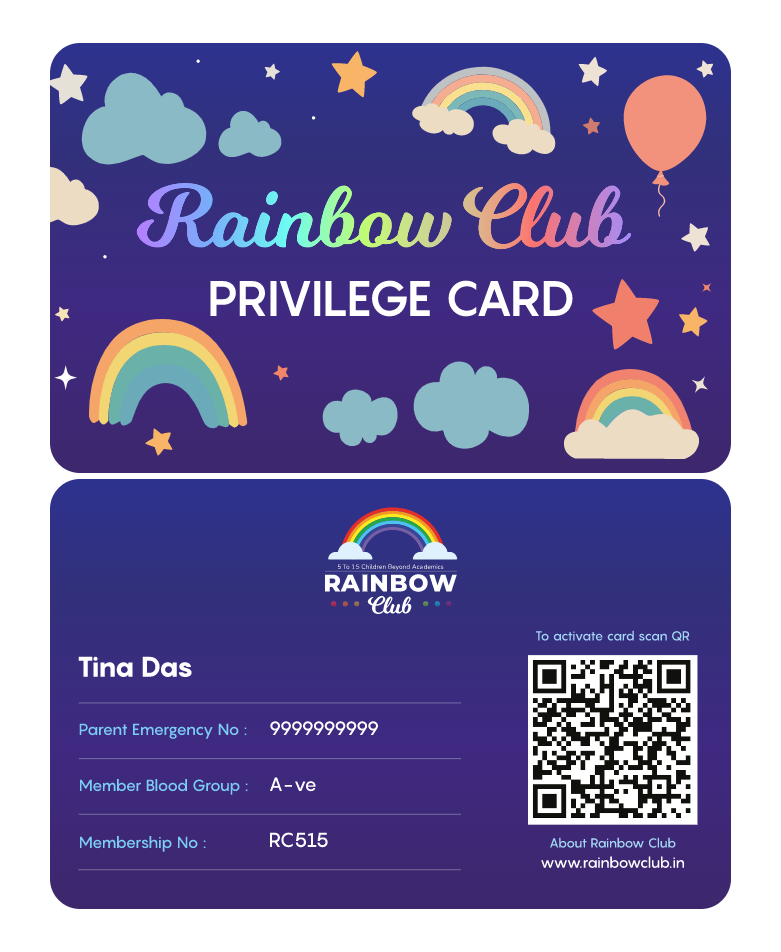Common childhood eye problems
Expert session Questions and Answers
Healthy eyes and good vision play a critical role in how infants and children learn to see.
It is important to detect any problems early to ensure babies have the opportunity to develop the visual abilities they need to grow and learn. Lazy eye is something that a child gets when one or both eyes are not able to see correctly either due to a spectacle number or squint. If vision is not optimum the eye is ignored by the brain and thus even though it looks normal from outside the vision may remain poor. If corrected in the right age chances of good vision are very high.
Correct the cause. If it’s due to a spectacle number then wearing glasses. Patching or vision therapy may be necessary in some cases
Computers mobile and tablets to be avoided. TV viewing an hour per day is accepted.
This needs checking by an ophthalmologist. If vision in the individual eye is good and squint is intermittent it may not be significant.
Some difference in the two eyes is the rule. No one has perfect symmetry. Unless of course there is some sort of inflammation which needs treatment
There may be natural spontaneous resolution in some cases. You can also try taking homeopathy for this.
It may be due to allergies. In such cases we have to look for what the primary cause is and use preventative measures and precautions
Your baby should have the first check at six months. This can be done by the paediatrician. First comprehensive eye check by an ophthalmologist at the age 3&½. After that yearly if any problem is detected. If not then once every couple of years.
She may have a refractive error. It’s time to get her eyes checked. If not then drops may be prescribed
There are colour vision charts. Some are available online, Ishihara chart. You can check it.
Drops have limitations. They are only effective for a few hours after instilling them. They are like BP medicines if you stop the BP rises. Unfortunately there are no effective ways to completely cure dryness.
It’s a tendency. Some people have it where others don’t. So personal hygiene measures have to be taken.
This is a typical allergy. She will grow out of it eventually. Make sure that she doesn’t rub her eyes. That can lead to problems later.
It may not be necessary but you will need regular follow up with your doctor.
Maybe has a small spectacle number. Ask him if he sees the blackboard clearly.
That’s a sign of eye strain. Let him use glasses for fine activities then. TV, school, studies. Most parents believe that if their child had an eye or vision problem they would know. However, many a times children can’t express or don’t realize the difficulty they are having, and often vision problems will be overlooked. Further, many eye or vision problems don’t show symptoms until they have progressed significantly which often makes the condition harder to treat.
Prolonged viewing of a computer screen can make any slight existing vision defects more noticeable but it is not going to damage their eyes. It can however give you what is sometimes known as “computer vision syndrome” – eye strain, headaches, gritty eyes and blurry vision.
Dark circles are mainly related to poor sleep patterns and nutritional issues. Children who are fussy eaters can have anemia and Vitamin deficiencies
Involve them in outdoor activities. 5-6 hours of outdoor games per week are important for preventing Myopia.
Healthy balanced diet. Dal rice and vegetables with lemon juice. Lemon juice provides vitamin C which is very essential for iron absorption. Yellow vegetables like pumpkin. Papaya and berries. Jamun is especially good.
Minus numbers which some children are prone to. Incidence of spectacles in children has increased due to excessive near activities.
To be part of the online sessions subscribe HERE
To volunteer for a session , if you are an expert , fill your details HERE

Anagha Behere – Common childhood eye problems
